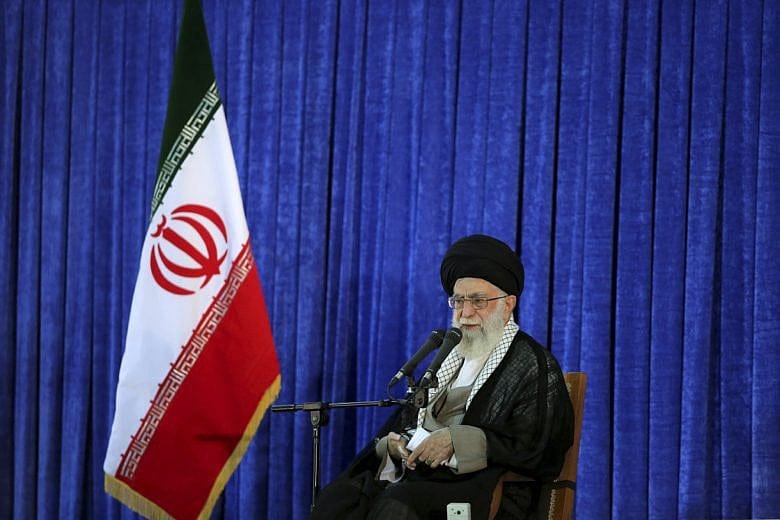Iran rejects US as ally as US names it lead terrorism sponsor

TEHRAN, Iran (AP) — Iran's top leader on Friday ruled out any formal cooperation with America against the Islamic State, their common adversary in Iraq and Syria, insisting that the United States remains a prime enemy of Tehran, despite a landmark nuclear deal with word powers.
Trusting the U.S. would be "a big mistake," said Supreme Leader Ayatollah Ali Khamenei, insisting that cooperation with America goes "against the independence" of Iran.

